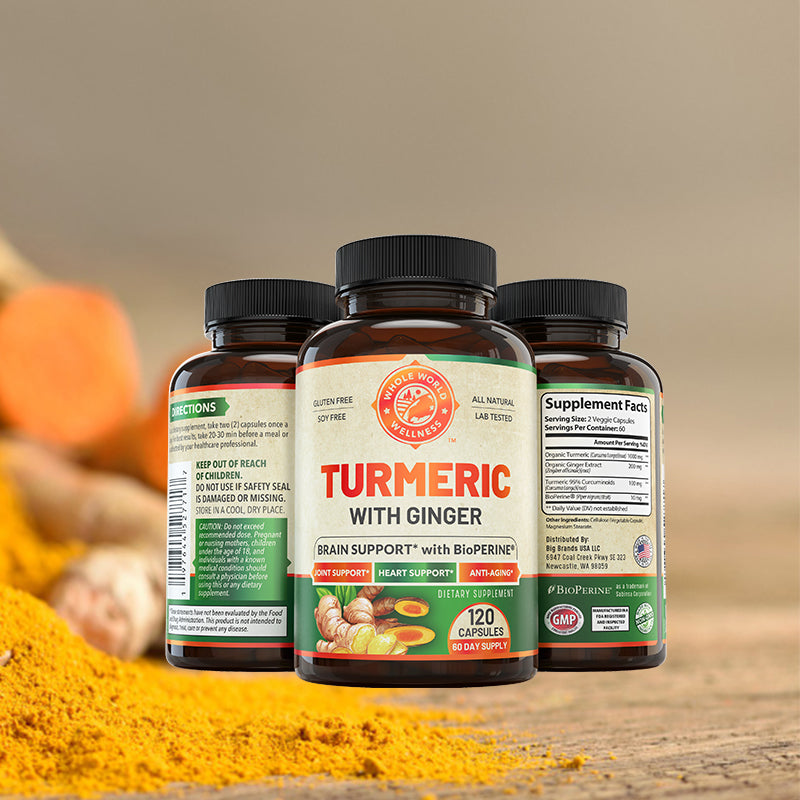

· By Yvete Rodriguez
Ginger: Nature's Versatile Wonder Spice for Health and Wellness
• Digestive Aid: Ginger has long been used to relieve various digestive issues, including nausea, indigestion, and bloating. It can help stimulate saliva, bile, and gastric enzymes, aiding in the digestion process and promoting beter nutrient absorption.
• Anti-inflammatory Properties: Ginger contains potent anti-inflammatory compounds called gingerols, which have been shown to help reduce inflammation in the body. This makes ginger beneficial for conditions such as osteoarthritis, rheumatoid arthritis, and other inflammatory disorders.
• Nausea and Motion Sickness Relief: Ginger is commonly used to alleviate nausea and vomiting associated with morning sickness during pregnancy, chemotherapy-induced nausea, and motion sickness. It is thought to work by affecting the nervous system and digestive tract.
• Immune System Support: Ginger has immune-boosting properties and can help strengthen the immune system. It contains antioxidants that combat free radicals and may help reduce the risk of chronic diseases.
• Pain Relief: Ginger has analgesic properties and may help reduce pain. It has been traditionally used to alleviate menstrual cramps, muscle soreness, and headaches.
• Potential Anti-Cancer Effects: Some studies suggest that ginger may have anti-cancer properties. Certain compounds in ginger have shown promise in inhibiting the growth of cancer cells, particularly in ovarian, colorectal, and pancreatic cancers. However, more research is needed to fully understand its effects.
• Heart Health: Ginger may help support heart health by reducing cholesterol levels, blood pressure, and blood sugar levels. It may also help prevent blood clots and improve overall circulation. It's important to note that while ginger has numerous potential benefits, individual results may vary, and it may interact with certain medications or medical conditions. It's always a good idea to consult with a healthcare professional before using ginger therapeutically, especially in larger amounts or as a supplement.
